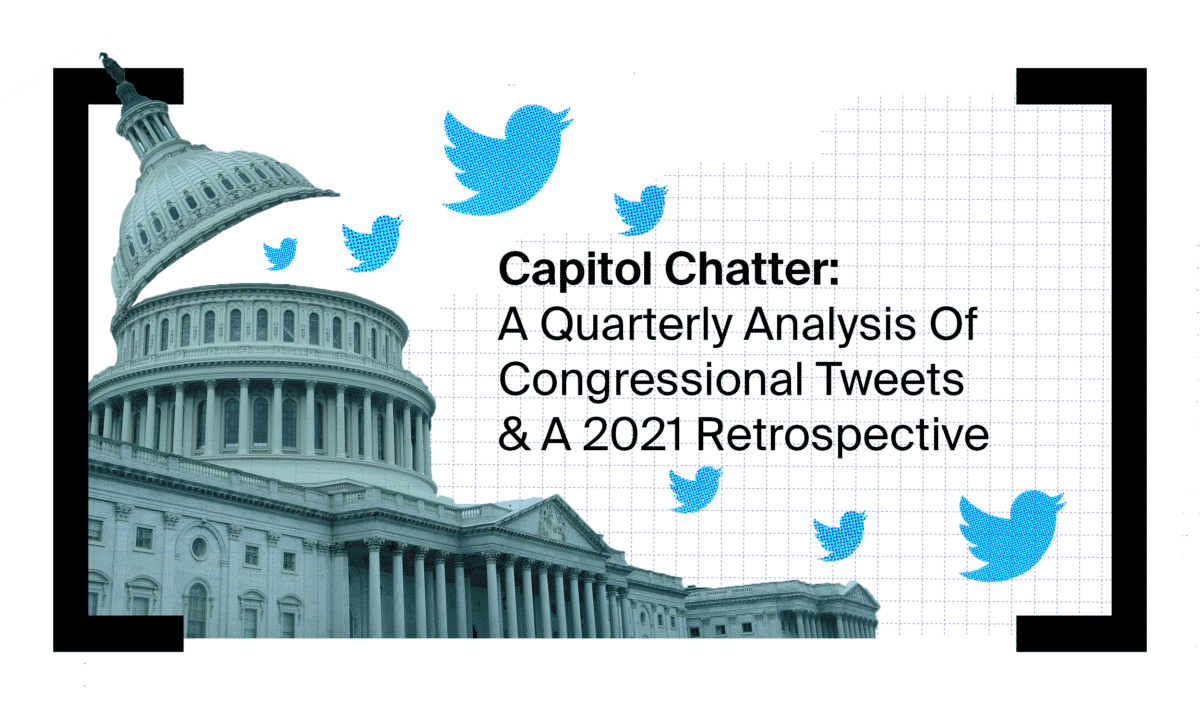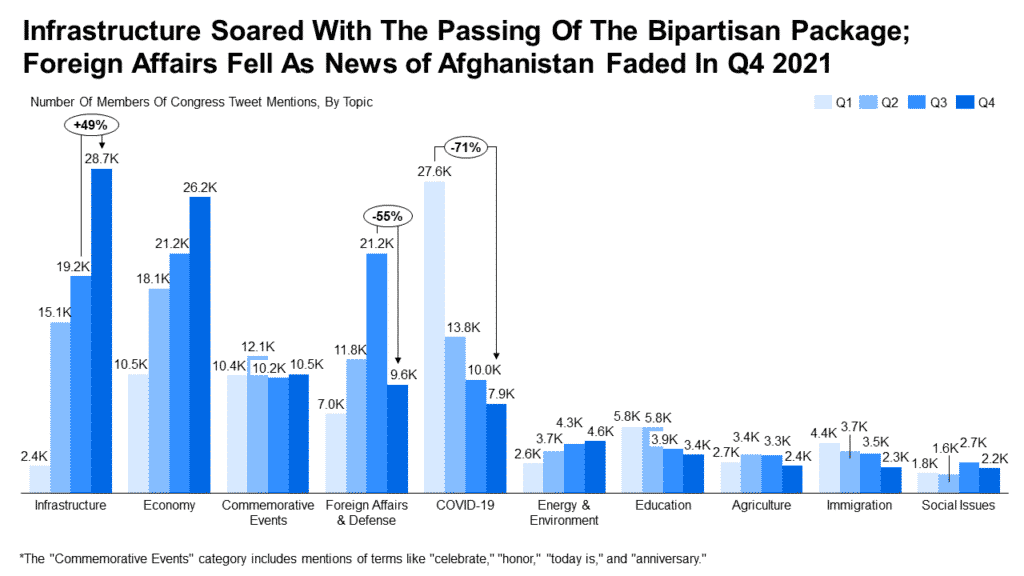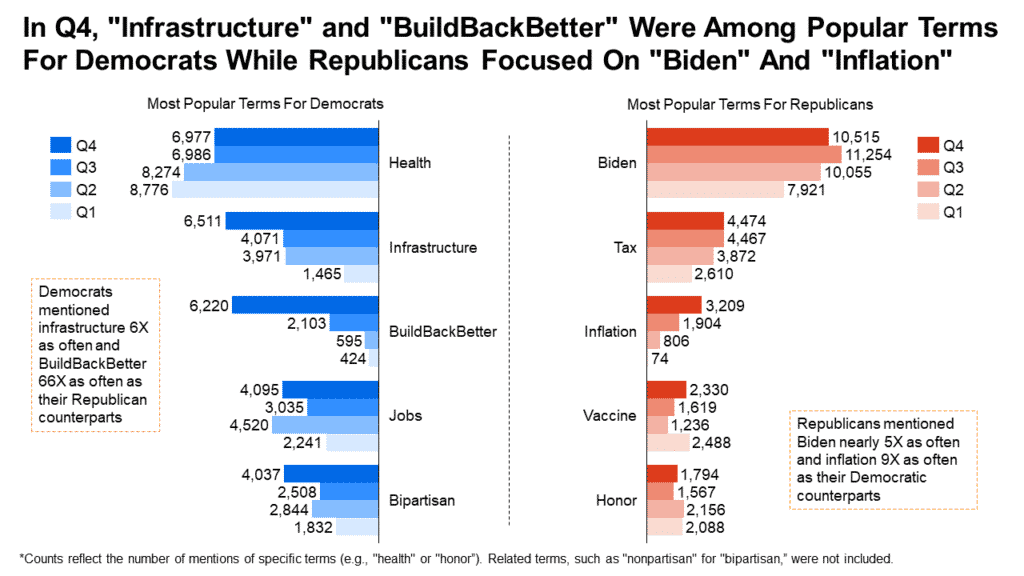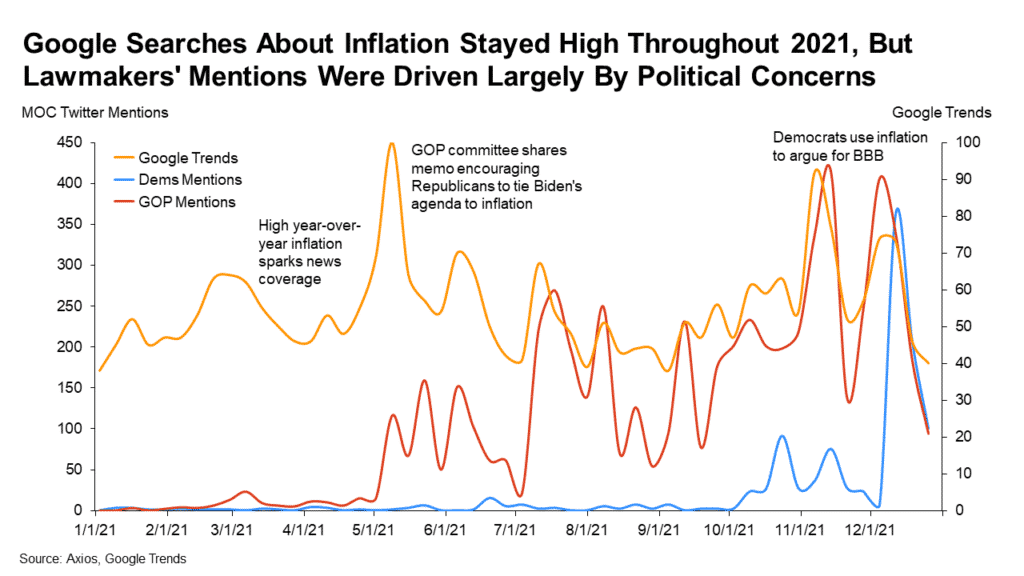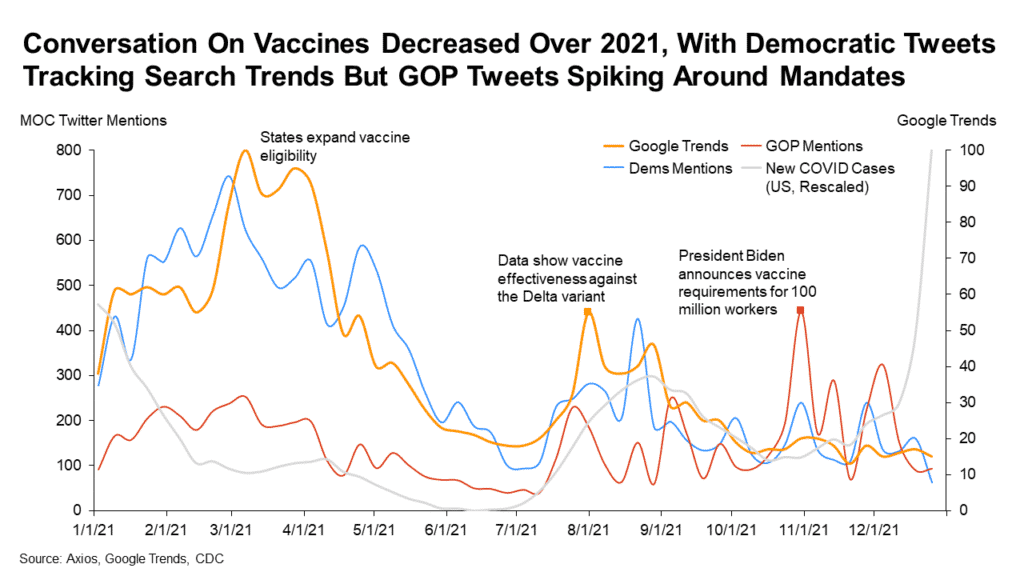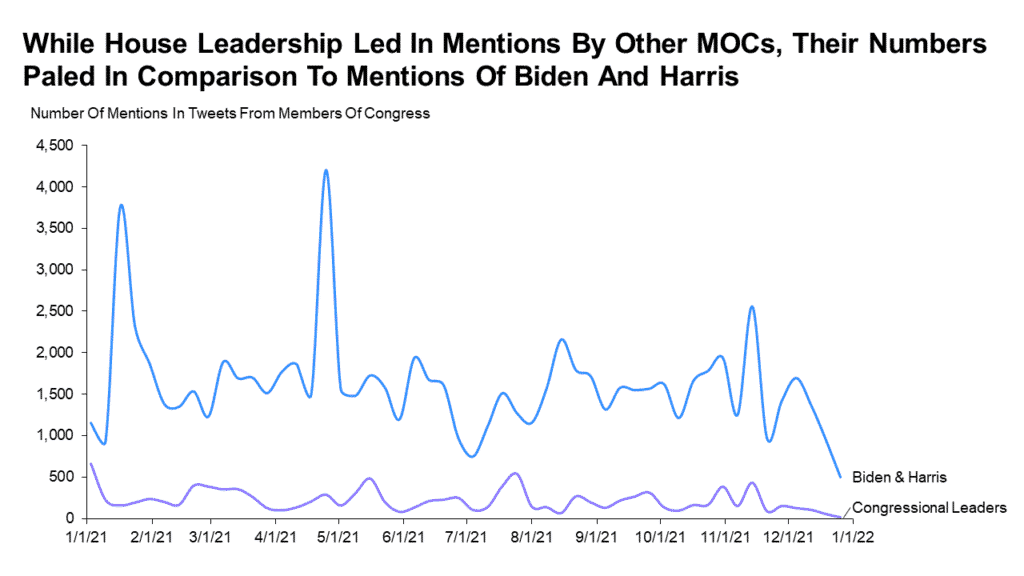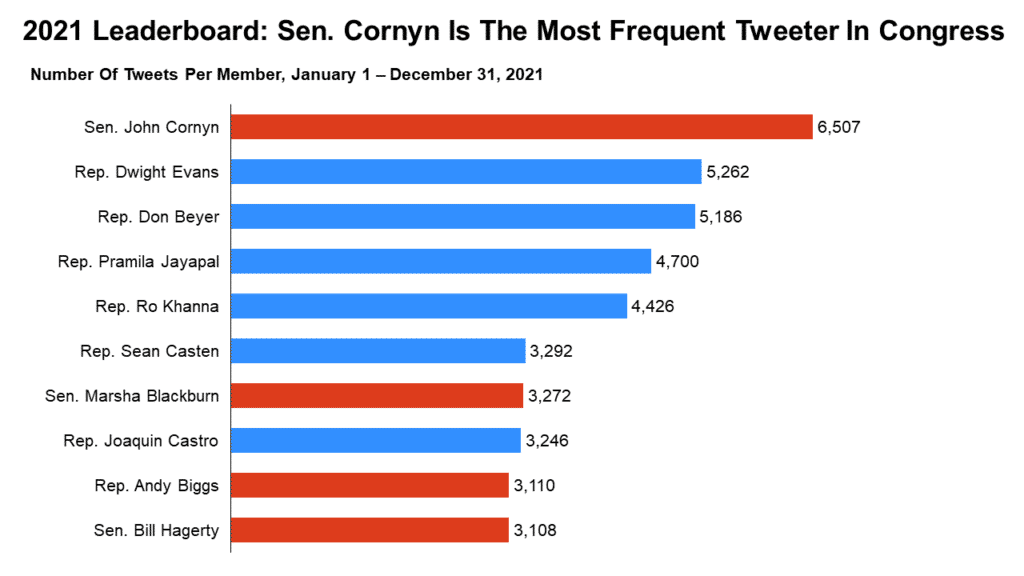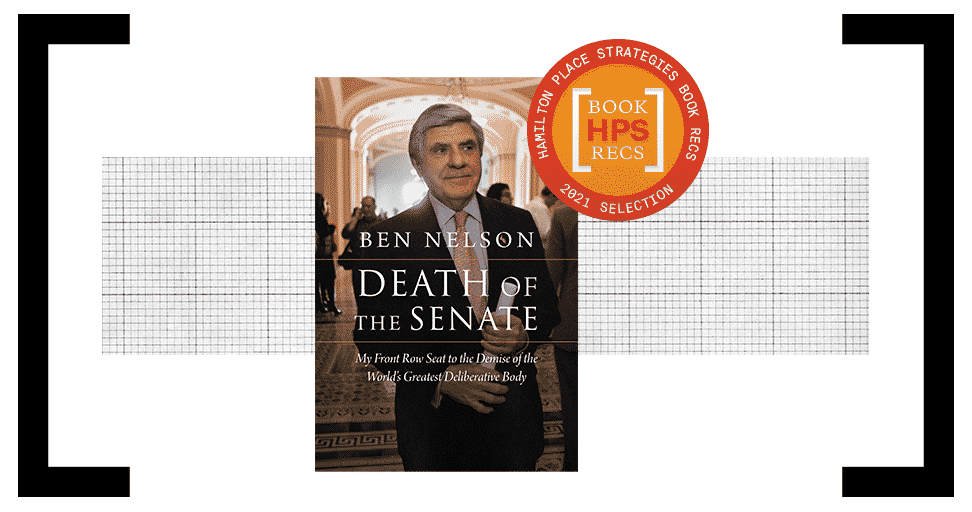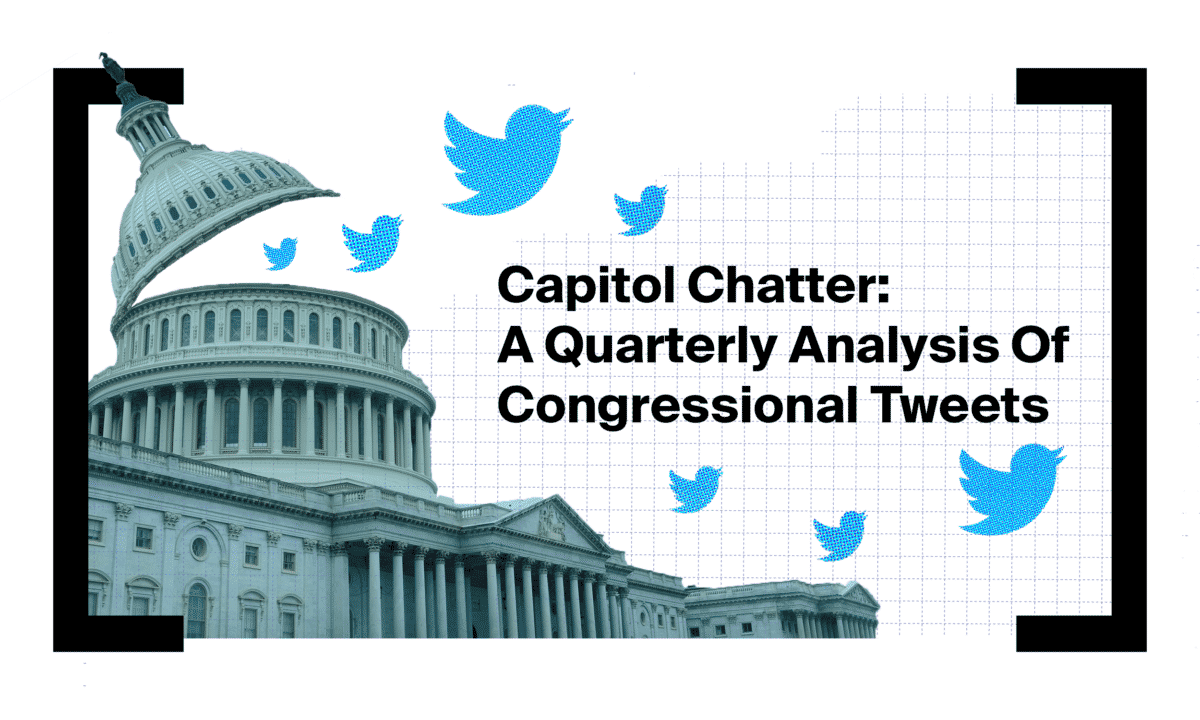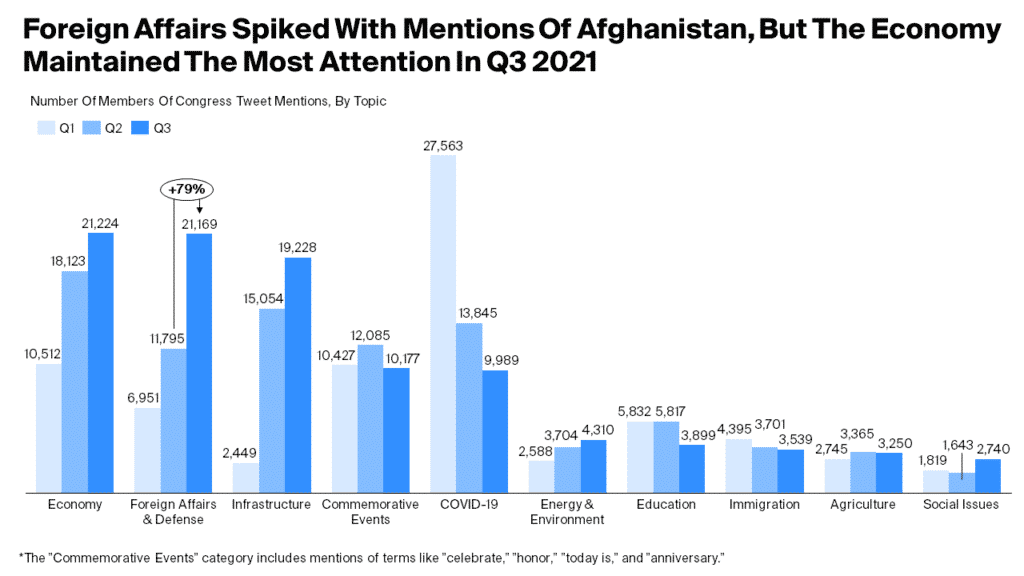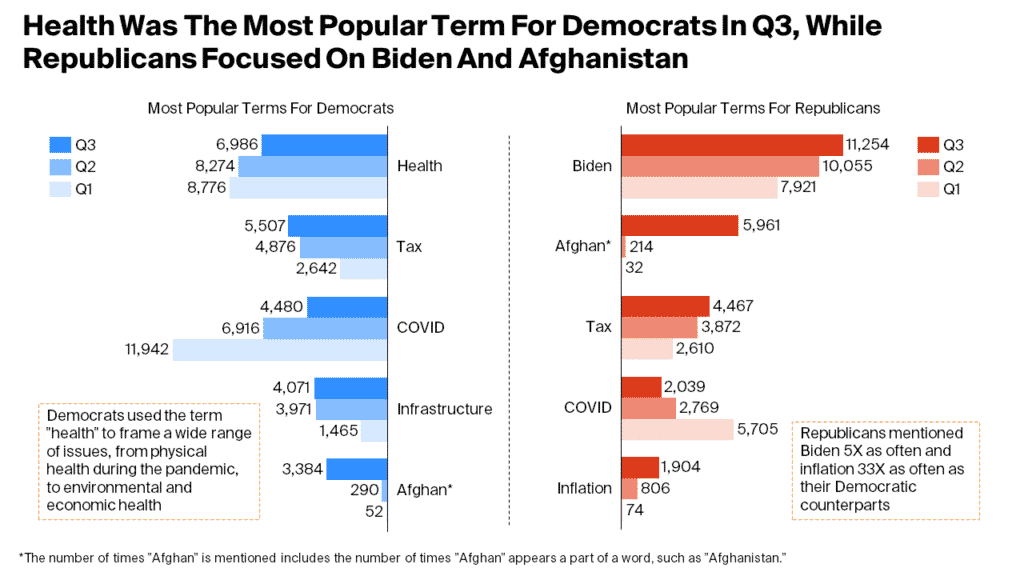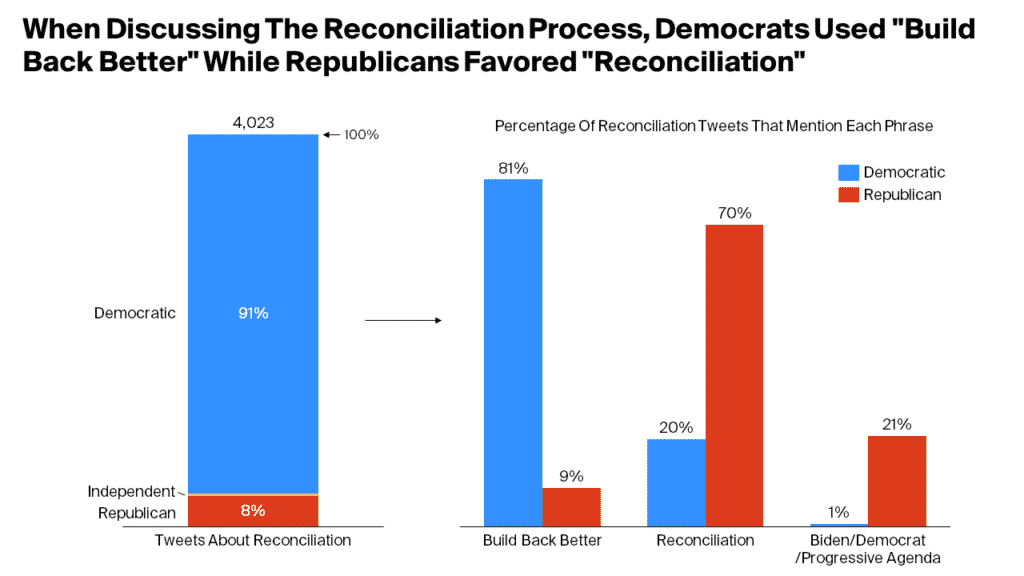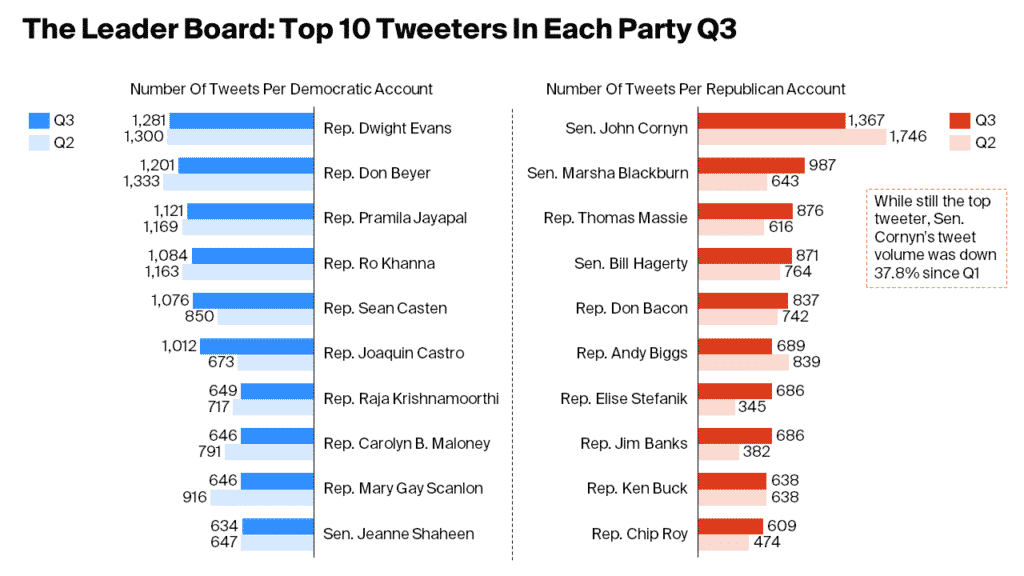WASHINGTON, D.C. – Today, Hamilton Place Strategies (HPS) announced Michael Short will be joining the firm’s growing team as a managing director. Melissa Manson and Max Mallory have also been promoted to managing director.
“We are very excited to welcome Michael to HPS,” said Matt McDonald, a partner at HPS. “His considerable strategic communications experience and policy issue knowledge will be an invaluable asset to the firm.”
Prior to joining HPS, Short served as the Chief Communications Officer and Director of the Office of Public Affairs at the Commodity Futures Trading Commission under two presidential administrations of both political parties. From 2017 to 2019, he was head of media relations at the National Association of Manufacturers, the nation’s largest industrial trade association. Earlier in his career, Short served in key communications roles at the White House, Republican National Committee, and the U.S. House of Representatives.
In addition, HPS announced several promotions today, which include:
– Melissa Manson to Managing Director
– Max Mallory to Creative Managing Director
– Claire Bischoff to Senior Director
– Scott Haber-Katris to Senior Director
– Ryan Harrison to Associate Creative Director
– Tala Anchassi to Creative Director
– Oliver Edelmann to Director
– Claire Radler to Director
– Jolene Rencher to IT Manager
“We are delighted to announce year-end promotions for a number of our talented HPS team members,” said Partner Stuart Siciliano. “Our clients will benefit even further from their leadership and expertise, and I look forward to continuing to work with them as they keep growing professionally and contribute to the firm’s strong culture.”
Now a managing director, Melissa Manson has grown alongside the firm over the last decade, supporting corporate clients across a range of issues, including M&A, technology, transportation, and financial services. In her new role, she will serve as lead strategist on teams and continue to play an integral role in coaching and training at the firm.
Max Mallory will continue to lead an experienced and growing HPS Creative team as managing director, blending policy, design, and technological expertise to help clients increase the accessibility, reach, and emotional resonance of their work. Having previously served as a director at HPS, Mallory brings a depth and breadth of policy expertise to his leadership of HPS Creative.
Since joining the firm as an associate in 2016, Claire Bischoff has driven strategic and crisis communications campaigns and brand development efforts for many clients, including those in the highly regulated financial, technology, and M&A arenas. Her extensive digital knowledge is an asset to the firm and to its clients.
As senior director, Scott Haber-Katris, who started his career at HPS and returned this past year, will continue to leverage his deep policy expertise to support a wide range of clients, including leading technology and financial services companies and trade associations. The leadership and mentorship he displays on his teams will help other team members grow in his footsteps.
Ryan Harrison, who also joined the HPS team this past year, has immediately become an invaluable member of the Creative team. From brand identity to digital storytelling, Harrison drives strategic, imaginative, compelling, and ultimately effective work for our clients.
Having joined HPS as associates in 2019, Tala Anchassi will become HPS Creative’s newest director, while Oliver Edelmann and Claire Radler will both become HPS directors, working collaboratively with HPS teams and clients to craft data-driven, strategic messages, and campaigns to further client objectives across industries.
Jolene Rencher is critical to the HPS operations team and as IT manager, will now serve as the primary internal contact for office-wide information technology support while assisting in the firm’s overall operations.

